Quick Facts :
Care Level:Moderate
Temperament:Aggressive
Maximum Size:14"
Minimum Tank Size:75 Gallons
Water Conditions:74-82° F, pH 6.0-7.5, KH 4-8
Diet:Omnivore
Origin:Nicaragua
Family:Cichlidae
Species:Red Devils
Aquarium Type:Cichlid-New-World
Red Devil Aquarium Care, Feeding and Native Habitat Information
Endemic to lakes and rivers throughout Eastern Nicaragua, Red Devils have vivid colors ranging from almost white, pale wine, yellow, peach, bright orange, to bright red and may have black blotches, black fins, and other various markings. They are immensely popular within the hobby due to their bright and varying coloration and extremely aggressive behavior as well as their intelligence and owner-responsiveness (similar to that of Oscars). Their name is well earned and it definitely comes from their extreme bellicosity as well as the obvious fact that a lot of Red Devils end up with a bright red color form. Males of the species will develop a nuchal hump on their head as they mature; the male can also be identified by being larger than the female as well as having pointed genital papilla while the female's is blunt. Because of their popularity, they are always available locally and through online sources. Unfortunately (for the Red Devil purists), they are very similar to the Midas Cichlid (Amphilophus citrinellus) and they are often mistaken for each other; they have also been cross-bred over the years (unintentionally and intentionally) and most of the Red Devils and Midas Cichlids within main stream retail are actually hybrids of both species. Fortunately, true Red Devils are still available from trusted importers and breeders alike.
Red Devils need to be housed in an aquarium of at least 75 gallons and prefer a smooth gravel substrate so they can play with it and redecorate. They should be provided with rock structure and/or driftwood for territory and hiding places, but as far as plants go, they should be attached to rocks or driftwood (Java Ferns and similar species) and floating Anacharis is always appreciated; most other plants will be dug up or destroyed, even if they are potted. Red Devils are very hardy and aren't overly sensitive to water specifications, but they do usually prefer neutral conditions across the board and like any other fish, they will remain healthy if they have a clean tank with clean water (and these large cichlids can definitely add a lot of bio-load to the system); strong and efficient biological, chemical, and mechanical filtration is recommend (a quality, overpowered canister filter would be well suited for the task). Medium light intensity is sufficient and will help bring out their vivid coloration. Red Devils live up to their name and are extremely territorial and aggressive to the point where most of them will not tolerate other tank mates, although its been successful before. If tank mates are a must, choose wisely and make sure they are large, very aggressive, and will always defend themselves with no toleration of bullying; chances of success are always increased along with aquarium size.
Red Devils are omnivores and naturally eat small fish, worms, insects, small invertebrates, and plant matter in the wild. They should be provided with a variety of meaty foods (which ensures good health and contributes to coloration intensity) such as live, frozen, or freeze-dried krill, ghost shrimp, crickets, small crayfish, bloodworms, earthworms, as well as vitamin-enriched, omnivore oriented pellet food items. Feed one or twice daily.
Red Devils are open spawners and are fairly easy to breed. The female will clean off a sub-vertical surface (rock, slate, or driftwood) and lay between 700-1000 eggs and the male will then fertilize them. The female will tend to the eggs while the male patrols their territory. The eggs will hatch in roughly 3 days and the fry will be relocated to a pre-dug pit in the substrate and guarded. The fry will consume a milky substance from glands in their parent�s skin and will be free-swimming within a week and then able to accept crushed flake food and baby brine shrimp.
No reviews found!

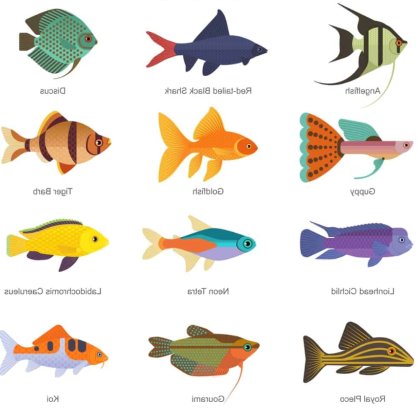
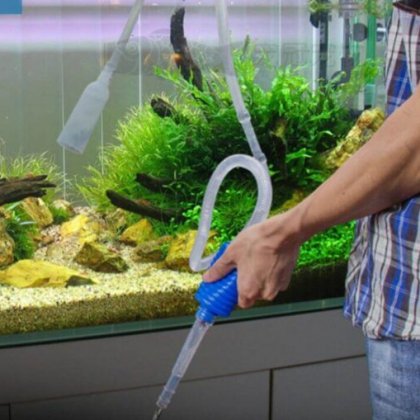
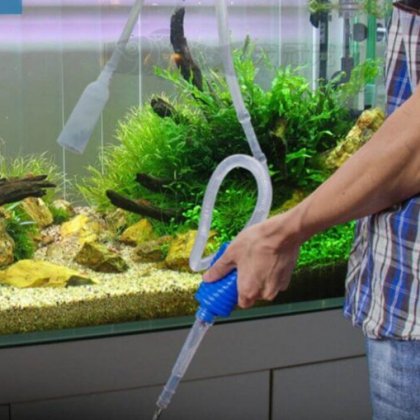
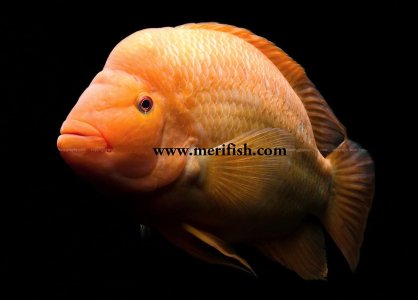
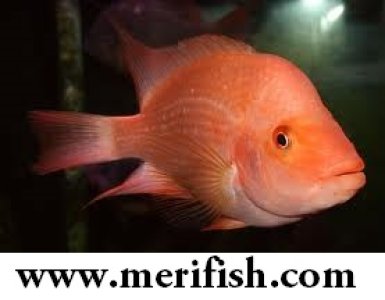









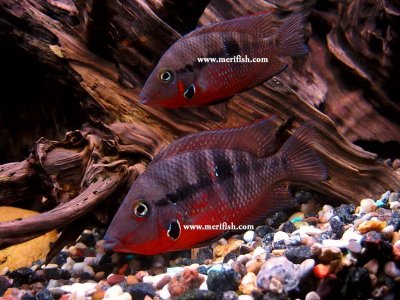
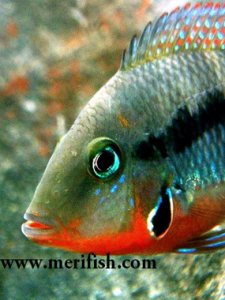
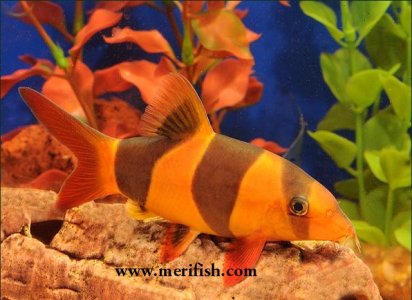
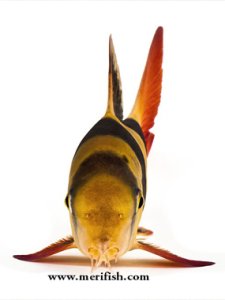
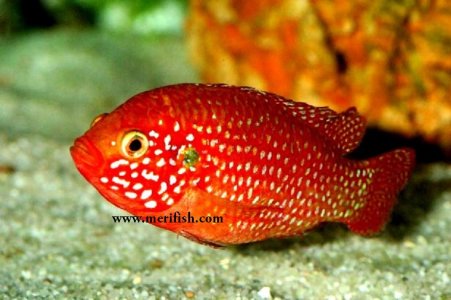
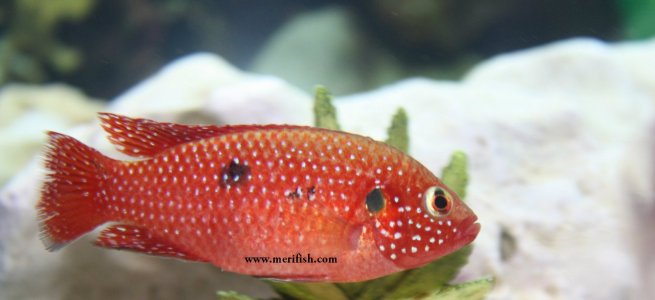
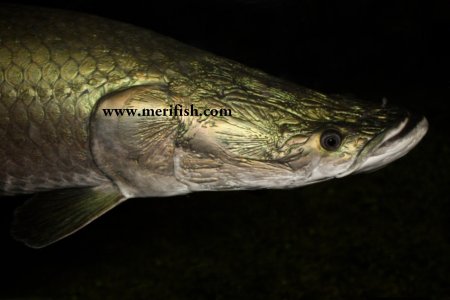
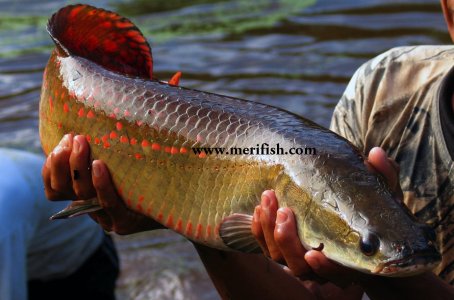
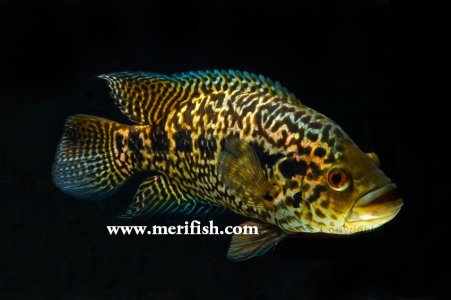
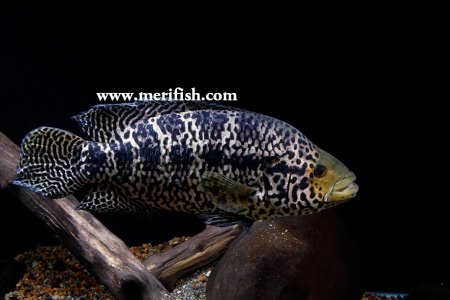
No comments found for this product. Be the first to comment!